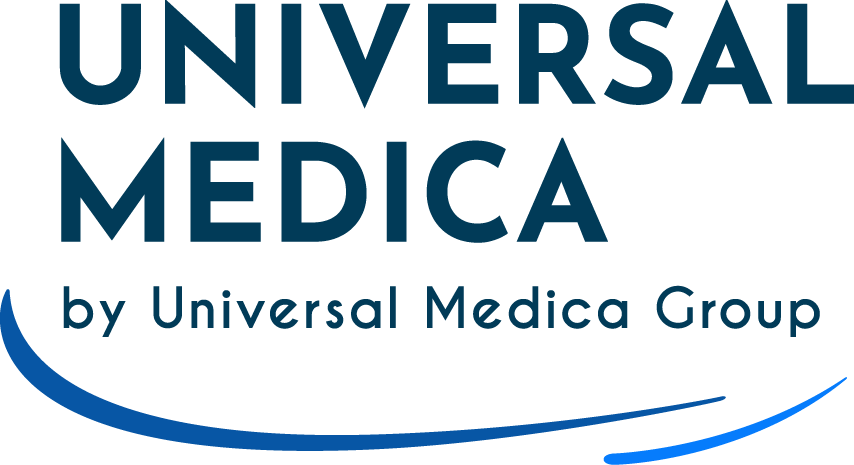There are more than 7000 rare diseases affecting over 400 million people worldwide and 30 million people in European Union. However, only about 5% of rare diseases currently have approved treatments. As many of these diseases are life-threatening, there is a serious need to develop new drugs for rare diseases.
Historically, drug development for rare diseases has often been limited by a significant number of challenges, such as low return of investment in view of lengthy regulatory requirements, low success rates, low prevalence, lack of understanding of the diseases etc.
The recognition of this challenge by the competent authorities has led to the creation of policies and incentives regarding authorization, pricing, and reimbursement to encourage and stimulate the research and development of orphan drugs (medicines for rare diseases). In the EU, the Committee for Orphan Medicinal Product (COMP) is the European Medicines Agency’s (EMA’s) committee responsible for reviewing and evaluating applications for orphan designation. Based on COMP opinion, the European Commission decides whether to grant an orphan designation for the medicine.
In order to qualify for orphan designation, the drug must meet the following criteria:
- The drug must be intended for the diagnosis, treatment, or prevention of a condition that is life-threatening or chronically debilitating,
- The prevalence of the condition must not be more than 5 in 10,000 in the European Union or it must be unlikely that the marketing of the drug will generate sufficient revenues to justify the investment required for its development,
- No satisfactory method of diagnosis, prevention or treatment of the condition concerned can be authorized or, if such a method exists, the medicinal product must be of significant benefit to persons affected by the condition.
Once the medicine has been granted orphan designation by the European Commission, it is registered in Community Register of orphan medicinal products and the sponsors can benefit from a number of incentives.
Regulation (EC) No. 141/2000 defines the procedure and incentives for the development and marketing of designated orphan drugs in the European Union.
The incentives offered for orphan drugs in the EU includes:
- Protocol assistance at reduced charges (dependent upon the status of the sponsor).
- Fee reduction regarding marketing-authorisation application, inspection before authorisation, variation of the marketing authorisation and annual fees,
- Access to the centralised authorisation procedure a single marketing authorisation process. To learn more about the EMA’s Single Marketing Authorization process, see How to obtain the EMA’s Single Marketing Authorization?,
- Ten years of market exclusivity/protection for particular indication of the authorised orphan medicines, Further incentives for micro, small and medium-sized enterprises (SMEs). To learn more, see Orphan Incentives.
The policies and incentives offered by the European Commission for the development and marketing of designated orphan drugs has allowed Pharma companies to leverage new technologies and understanding to develop breakthrough therapies in recent years.
Source:
https://www.ema.europa.eu/en/human-regulatory/overview/orphan-designation-overview




